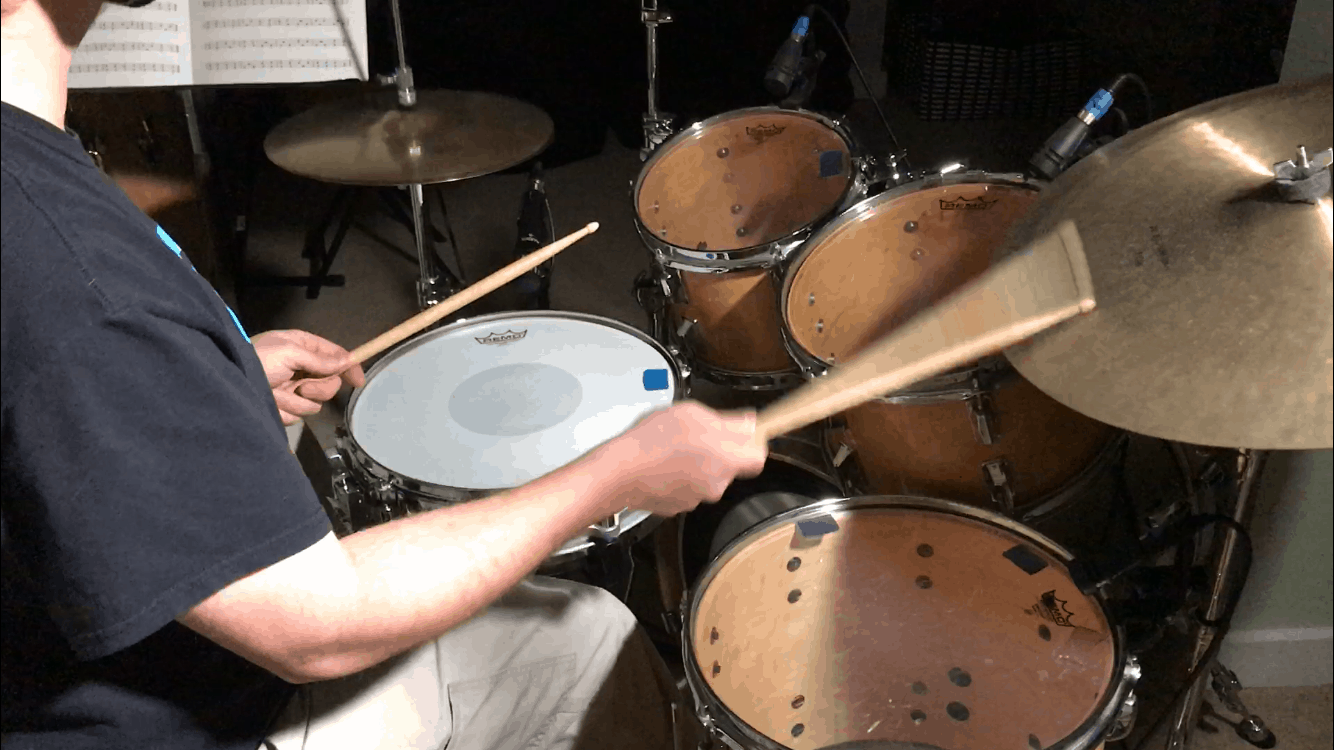Discovering Rhythm: Why Drumming Classes for Adults Are Worth Exploring
Introduction
Music has an extraordinary power to connect people, express emotions, and reduce stress. Among all instruments, the drum stands out as one of the oldest and most primal. Its rhythms are not just about sound—they resonate with the heart and body, creating energy and connection. While many people think of drumming as a childhood hobby, more and more adults are discovering its joy and benefits later in life.
Why Consider Drumming Classes as an Adult?
Taking up drumming classes for adults offers far more than just learning how to play an instrument. For many, it becomes a rewarding hobby, a form of therapy, and a way to build discipline while having fun. Whether someone has previous musical experience or is starting completely from scratch, adult classes provide structured learning that balances technique with creativity.
Breaking the Myth: “It’s Too Late to Start”
One of the most common misconceptions about learning an instrument as an adult is the idea that it’s too late to begin. In reality, adults often make excellent learners. They are more self-motivated, disciplined, and committed compared to younger students. Starting drumming in adulthood is not a limitation—it’s an opportunity to experience music with greater awareness and appreciation.
Building Rhythm and Coordination
Drumming is as much about physical coordination as it is about sound. Through structured lessons, students learn how to synchronize their hands and feet while keeping time. This improves not only drumming ability but also motor skills and cognitive function. Over time, what seems complicated becomes second nature, allowing players to perform more complex rhythms with ease.
Stress Relief and Mental Health Benefits
Few activities are as therapeutic as drumming. The act of striking drums creates a release of energy that can reduce tension and stress. Scientific studies have shown that rhythmic playing can lower cortisol levels, boost mood, and even improve focus. For adults juggling work and personal responsibilities, drumming provides a healthy outlet to reset the mind.
A Social and Creative Experience
Unlike many hobbies, drumming can be both individual and social. Classes often involve group activities where students play together, creating collective rhythms. This fosters teamwork, listening skills, and a sense of belonging. At the same time, students are encouraged to experiment with their own style, making drumming a deeply creative form of self-expression.
Progressing Step by Step
Adult drumming classes are designed to suit different levels. Beginners usually start with basic beats, learning how to hold sticks properly, maintain steady timing, and use simple drum patterns. As confidence grows, lessons expand into more advanced rhythms, fills, and even improvisation. This gradual approach ensures steady progress without overwhelming the learner.
Physical Benefits of Drumming
Drumming is a surprisingly physical activity. It engages both the upper and lower body, helping to improve stamina and muscle coordination. Regular practice can also serve as a light workout, enhancing cardiovascular health while strengthening reflexes. Many adults find that playing drums is both energizing and a way to stay active without traditional exercise routines.
Enhancing Musical Understanding
Beyond rhythm, drumming builds a deeper understanding of music as a whole. Students learn how percussion interacts with melody and harmony, developing a sharper ear for different genres. This knowledge can enhance appreciation for all types of music, from jazz and rock to classical and world rhythms.
Confidence and Personal Growth
Mastering a new skill later in life brings a unique sense of achievement. Each milestone in drumming—whether it’s playing a complete song or performing in front of others—boosts confidence. Over time, students not only become better drummers but also more resilient and self-assured in other areas of life.
Technology and Modern Learning
Today, adult drumming classes often incorporate technology to enhance learning. Students may use metronome apps, play along with backing tracks, or record their practice sessions to monitor progress. These tools make the learning process engaging, interactive, and adaptable to different learning styles.
From Hobby to Passion
For many, what begins as a casual interest evolves into a long-term passion. Drumming can be a lifelong pursuit, providing constant opportunities to grow and challenge oneself. Some adults even find themselves joining local bands, participating in community events, or simply enjoying the satisfaction of playing at home.
Creating Balance in Daily Life
Amid the demands of work, family, and responsibilities, adults often forget the importance of pursuing creative outlets. Drumming helps restore balance by offering an activity that is fun, engaging, and meaningful. It reminds learners to make time for themselves while enjoying the collective energy of music.
Conclusion
Drumming is more than an instrument—it’s an experience that engages the body, mind, and spirit. For adults, taking drumming classes is not only possible but incredibly rewarding. From reducing stress and boosting confidence to building coordination and musical understanding, the benefits are extensive. No matter your age, discovering rhythm through drumming can open new doors of creativity, community, and personal growth.







